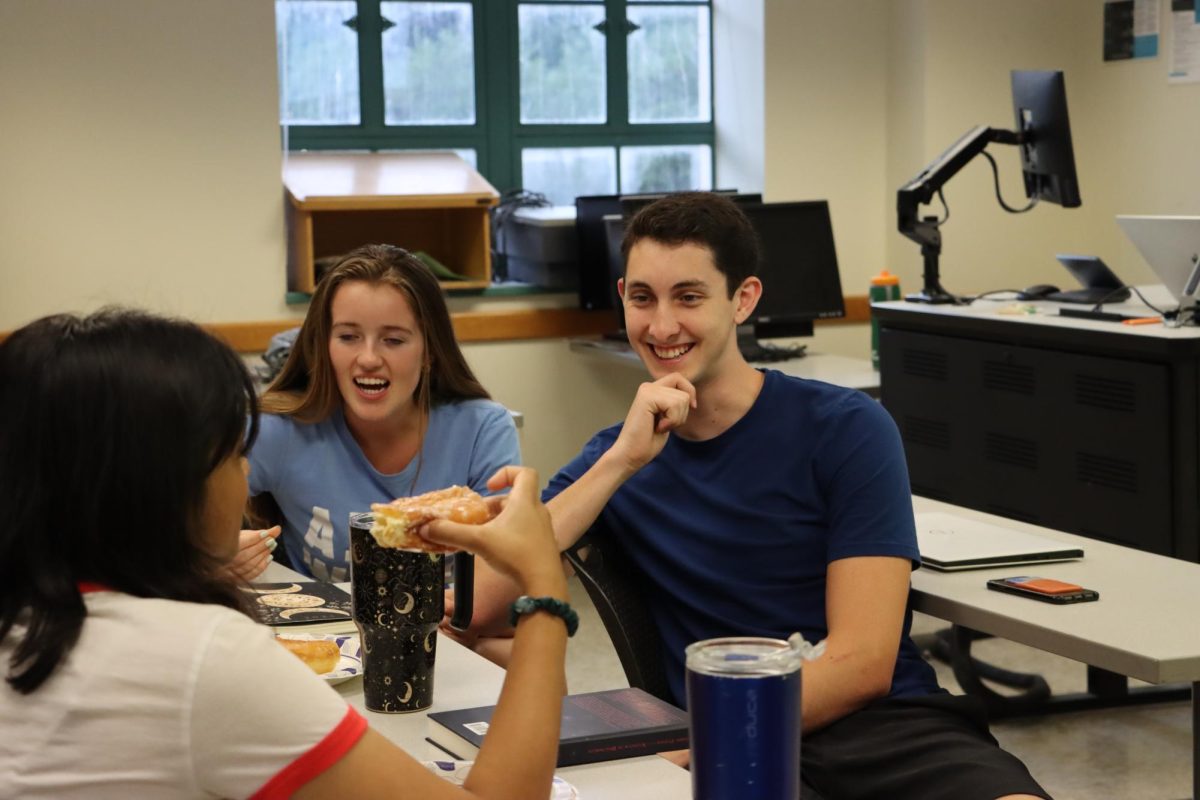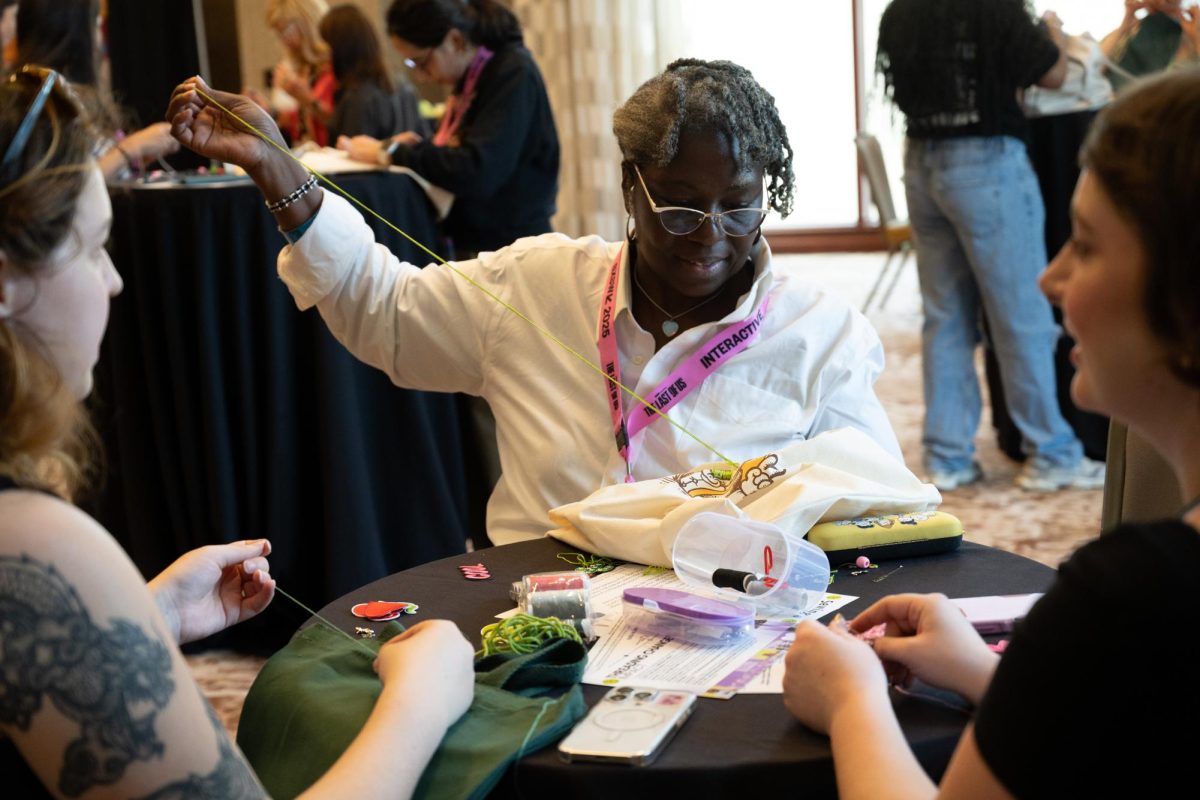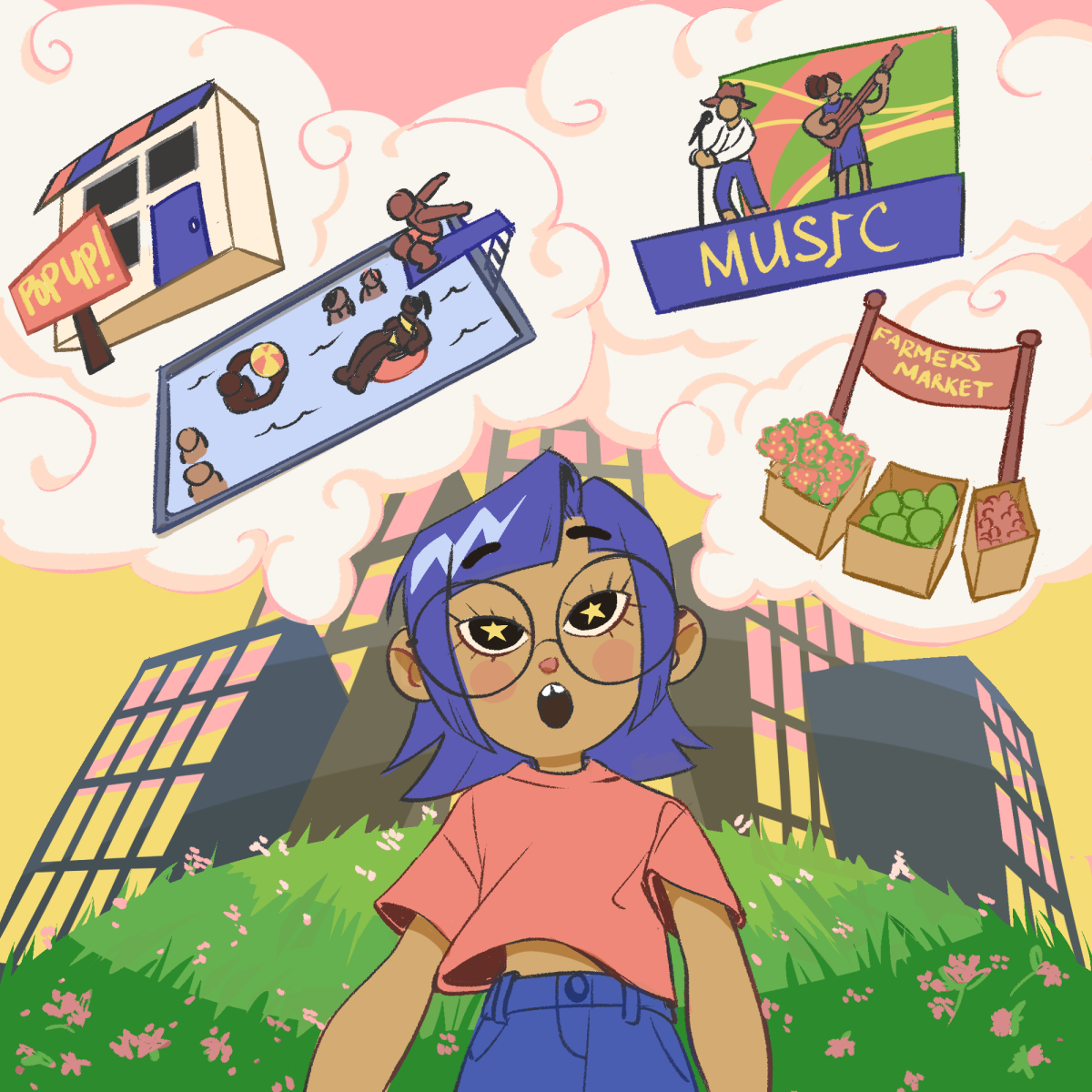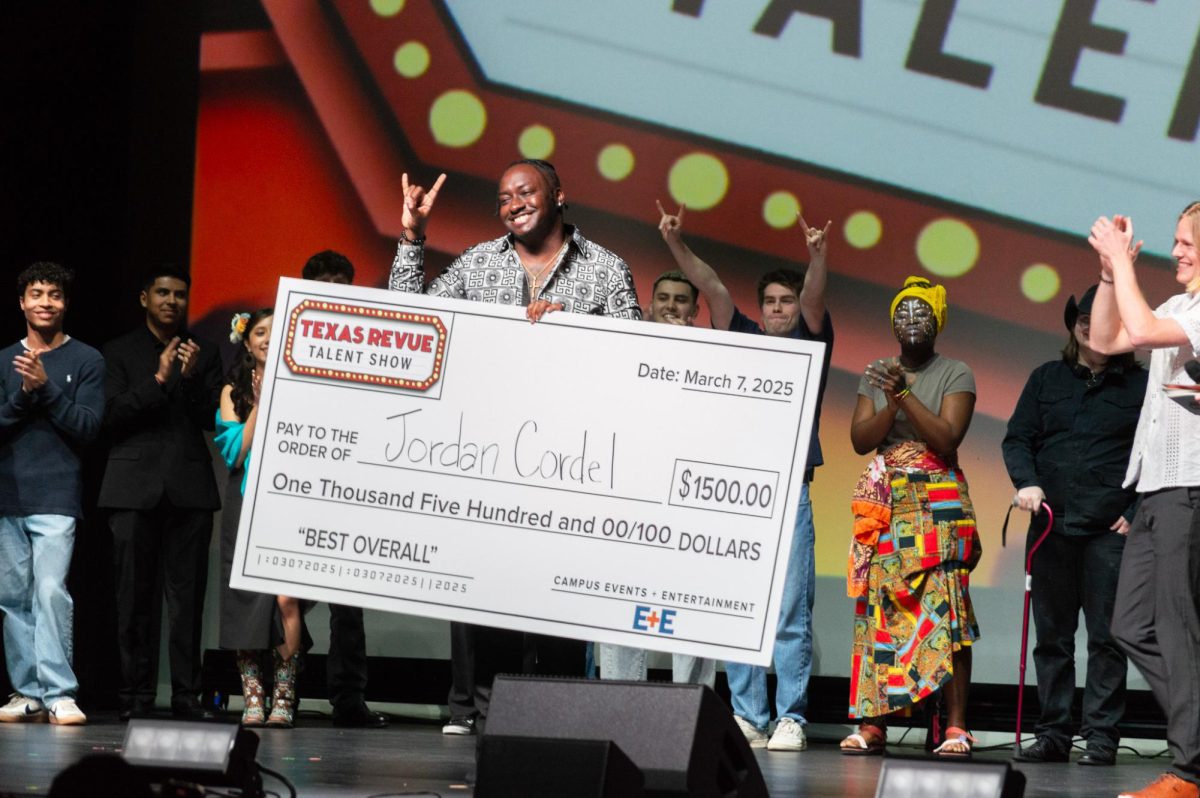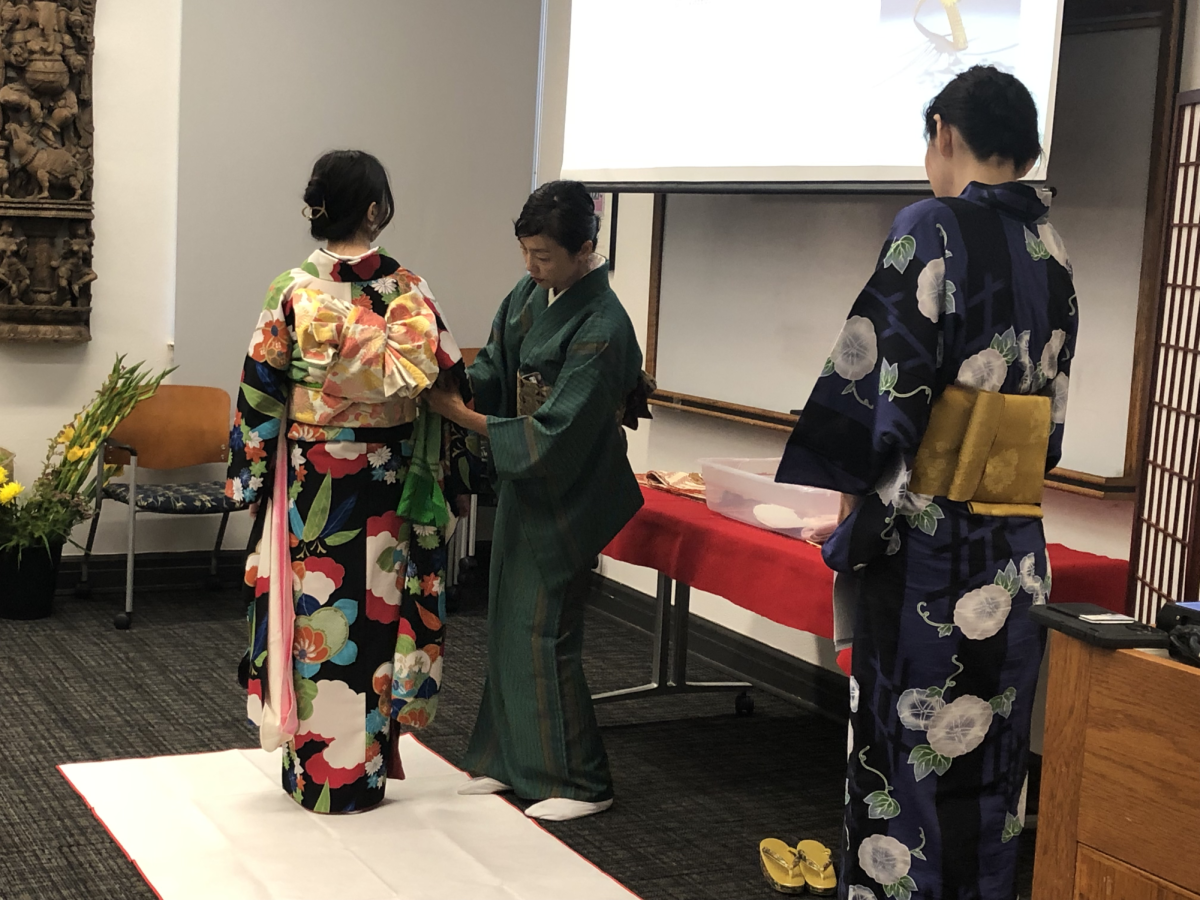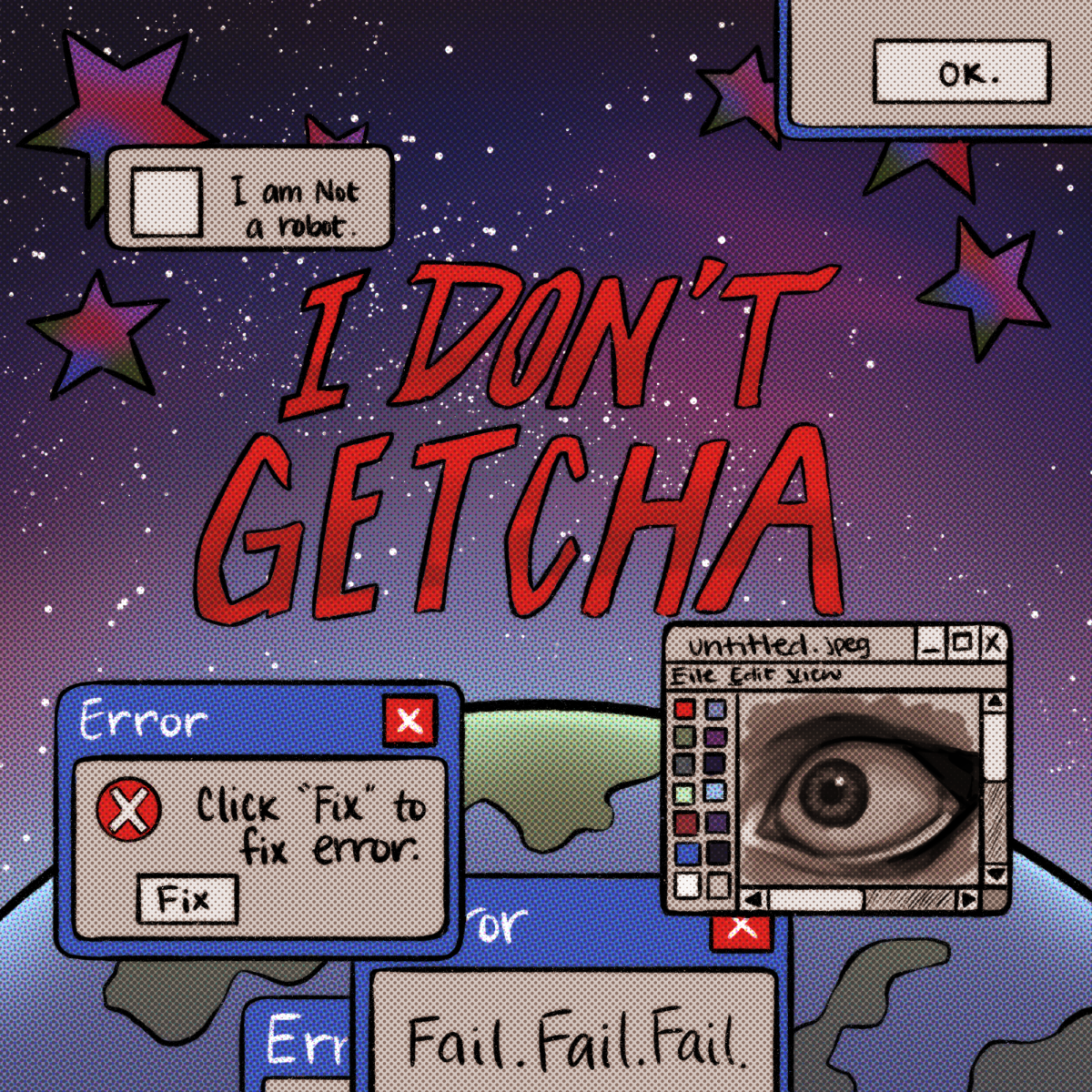Alex Dial, Trinity Smith and Cody Rushing watched as students filed into the door of classroom 2.136 in the Bernard and Audre Rapoport Building. The eager faces ranged from freshman to graduate students. Snacks sat on the table next to the door, but students came for more than just the free food — they came to learn about UT’s Effective Altruism club.
The group, organized by Dial, Smith and Rushing, takes its name from the identically titled philosophy. According to the organization’s website, effective altruism defines itself as the “philosophy and community focused on maximizing the good you can do through your career, projects and donations.”
“You can do good in the world without being cognizant of trying to maximize it,” said Rushing, a computer science sophomore. “I think effective altruists differ in the fact that they take an almost mathematical approach to it, where they think very seriously about the opportunity costs.”
Dial said Effective Altruism hosts a range of activities for students, from casual weekly meetups aimed at building community, to more in-depth discussion groups. At a recent weekly meeting, attendees got in small groups to research charities affiliated with the philosophy, but ended with a game of pictionary.
“Our goal with these (weekly meetings) are (to) build community,” said Dial, a mechanical engineering senior. “(And to) give people tools that can enable them to have a bigger impact.”
According to their website, the club also hosts two eight-week discussion programs where students complete in-depth weekly readings and discuss them. Aditya Kasarla, a neuroscience freshman who applied to both groups, said he read about the effective altruism philosophy before coming to UT.
“It’d be an opportunity… to explore (these ideas) further,” Kasarla said. “(I could) understand them better and talk about them with people who are interested too.”
The first discussion group, titled “Foundations of Effective Altruism,” takes place every year and aims to introduce students to the foundations of effective altruism, according to their website. The other group, titled “AI Safety,” works to get students thinking about the potential dangers of AI, and what policymakers can do to make sure it “has a positive impact,” Rushing said. Rushing said he chose the group’s subject this year based on his own interest and knowledge.
“AI might be one of the most transformative technologies in the next couple of years,” Rushing said. “We need vastly more people thinking about how to use it for good, rather than just making it better.”
According to Dial, the club used to be disorganized until last fall when he, Smith and Rushing decided to give it a reboot. They applied for funding from the University Group Accelerator Program, an offshoot of the Center For Effective Altruism, which gave them financial support and advice. In the future, they said they hope to get more members involved in discussion programs.
“Our models are, ‘We’re gonna build the community, and then once people are starting to engage, we can try to convert that (energy) into more programs,’” Dial said.
Smith, a rhetoric and writing and government senior, said people make friends during the meetings.
“That’s always nice to see the sense of community (building) and people wanting to hang out after the meeting ends,” Smith said.

